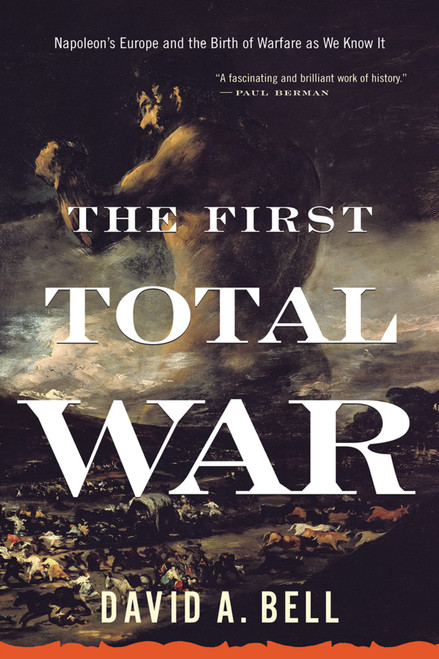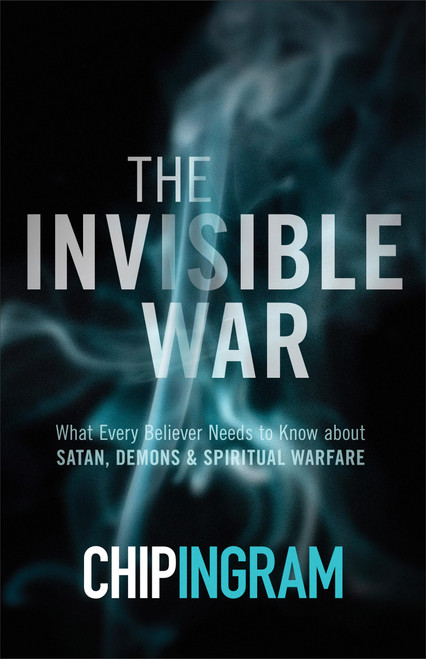A mesmerizing account that illuminates not just the Napoleonic wars but all of modern history . . . It reads like a novel (Lynn Hunt, Eugen Weber Professor of Modern European History, UCLA). The twentieth century is usually seen as "the century of total war." But as the historian David Bell argues in this landmark work, the phenomenon actually began much earlier, in the era of muskets, cannons, and sailing shipsin the age of Napoleon. In a sweeping, evocative narrative, Bell takes us from campaigns of "extermination" in the blood-soaked fields of western France to savage street fighting in ruined Spanish cities to central European battlefields where tens of thousands died in a single day. Between 1792 and 1815, Europe plunged into an abyss of destruction. It was during this time, Bell argues, that our modern attitudes toward war were born. Ever since, the dream of perpetual peace and the nightmare of total war have been bound tightly together in the Western worldright down to the present day, in which the hopes for an end to history after the Cold War quickly gave way to renewed fears of full-scale slaughter. With a historians keen insight and a journalists flair for detail, Bell exposes the surprising parallels between Napoleons day and our ownincluding the way that ambitious wars of liberation, such as the one in Iraq, can degenerate into a gruesome guerrilla conflict. The result is a book that is as timely and important as it is unforgettable. Thoughtful and original . . . Bell has mapped what is a virtually new field of inquiry: the culture of war.Steven L. Kaplan, Goldwin Smith Professor of European History, Cornell University
The First Total War: Napoleon's Europe and the Birth of Warfare as We Know It
Mariner Books
$15.79 - $29.87
- UPC:
- 9780618919819
- Maximum Purchase:
- 2 units
- Binding:
- Paperback
- Publication Date:
- 1/16/2008
- Release Date:
- 1/16/2008
- Author:
- Bell, David A.
- Language:
- English: Published; English: Original Language; English
- Edition:
- Reprint
- Pages:
- 432






